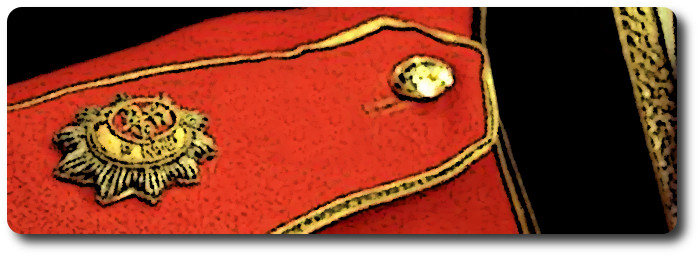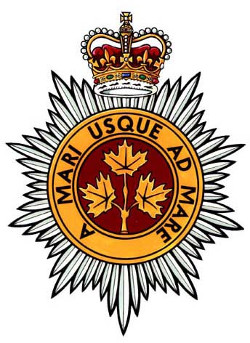Topic: Officers


Duties of Officers
(Section 1. General)
The Canadian Guards, Regimental Standing Orders, 1966
5.01 It is not possible to lay down rules for an officer's conduct in every suituation, but he should always bear in mind the three following principles:
a. he is never relieved of responsibilities, whether on or off duty;
b. he must always set the best possible example to his juniors; and
c. he must never do anything which might bring the Regiment into disrepute, either with the general public or with other components of the Canadian Forces.
5.02 A officer should have a thorough knowledge of history, traditions and customs of the Regiment, and should take a continual interest in all matters affecting the Regiment and the unit in which he is serving.
5.03 He must take the greatest care to make the men he commands have confidence in him and must always be ready to assist them with their own personal problems, even if this may at times interfere with his own activities. He must take a keen interest in his men's sports and participate in as many as possible.
5.04 He must always set a high standard in his personal turnout, whether in uniform or plain clothes. In plain clothes, he is expected to dress in accordance with current practice in the Regiment. He is not to smoke in the streets or around barracks when dressed in uniform.
5.05 He must take great care to acknowledge salutes, whether he is in uniform or in plain clothes.
5.06 An officer is responsible to his immediate superior for the performance of his duties and for the efficiency and well being of the sub-unit he commands.
5.07 An officer will never overlook any irregularity or slackness on the part of a guard or sentry, nor will he fail to notice and correct any slovenly appearance, saluting, or unsoldierly conduct on the part of other ranks.
5.08 When an officer is taken ill and prevented from performing a duty, he will immediately report the fact to the Adjutant and make arrangements to see the Medical Officer. Company officers will also report their illness to their Company Commander.
5.09 Officers joining the unit or returning to the unit from detached duty, leave, etc., will report in person to the Adjutant. At the same time, they will acquaint themselves with all orders and instructions issued during their absence.
5.091 Officers ordered to proceed on duty outside the unit will be given the necessary instructions by the Adjutant.
5.10 Officers on special duties, e.g., institutes, and requiring reliefs while proceeding on course, etc., will make application to the Adjutant at least a week before their departure for an officer to relieve them.
5.11 Whenever an officer hands over an appointment to another officer, either temporarily or permanently, he and his successor will sign the prescribed certificates ... and submit them to the Commanding Officer.
5.12 An officer signing any certificate, correspondence, return, etc., will be responsible for the correctness of the document he has signed, irrespective of the fact that it may have been compiled and made out for signature by some other person.
5.13 An officer will notify the Orderly Room in writing of all personal casualties to be published in Unit Orders part 2.
5.14 It will be normal for all officers to make all requests to the Commanding Officer through the Adjutant.
5.15 Officers extra-regimentally employed will communicate directly with the Regimental Adjutant.
5.16 An officer leaving the unit area during duty hours, for a reason other than training, will notify the Adjutant.

